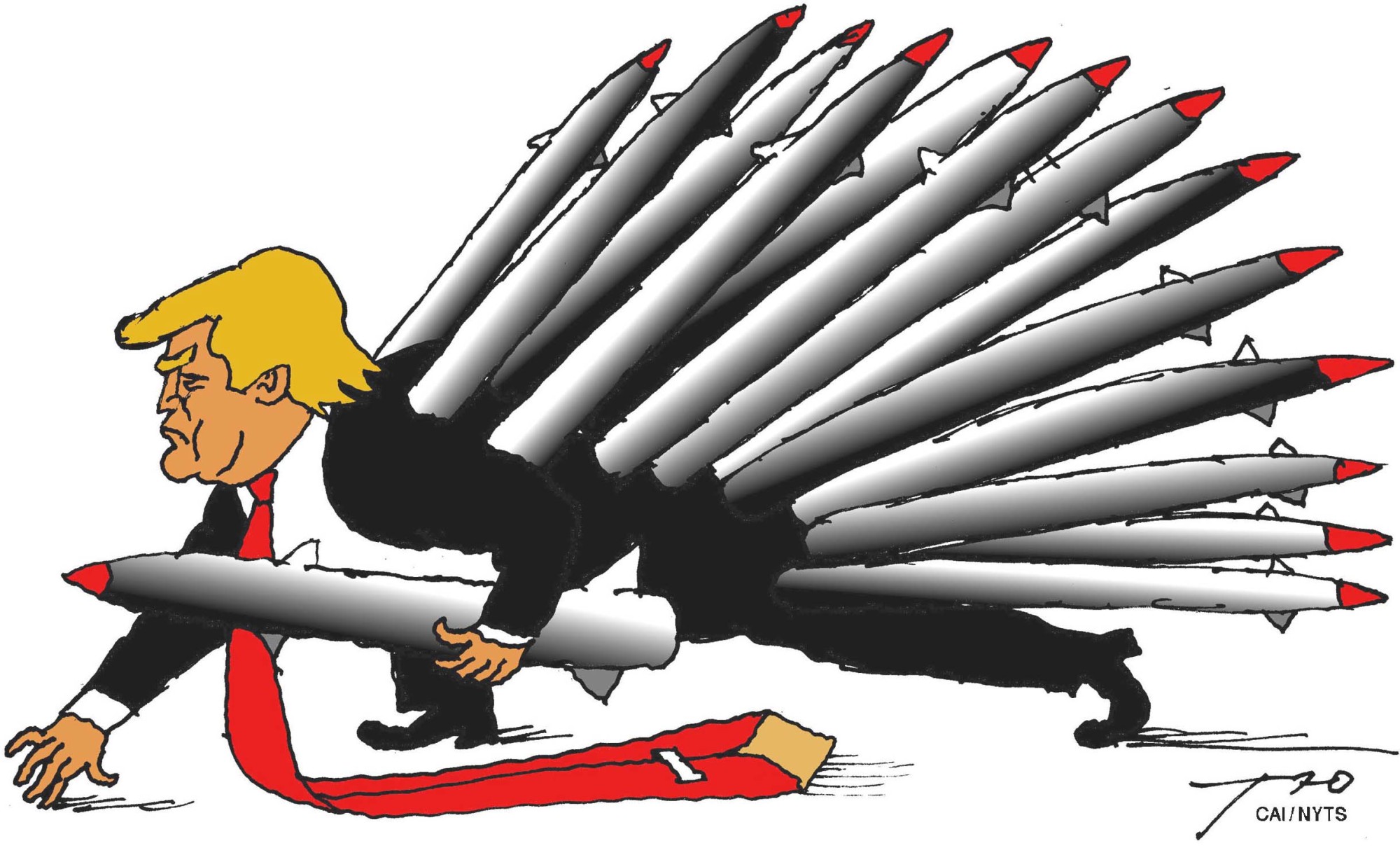The United States has announced its intention to withdraw from the Intermediate-Range Nuclear Forces (INF) Treaty. Signed in 1987 with the Soviet Union, the treaty banned the two signatories from developing and deploying ground-based missiles with ranges between 500 and 5,500 km. The U.S. mainland was never threatened by such intermediate-range missiles, with the brief exception of the 1962 Cuban missile crisis. The removal of U.S. and Soviet intermediate-range missiles from the European theater was a result of reduced tension between the U.S. and the Soviet Union and contributed to the growing mood for nuclear arms reduction overall after the Cold War.
The U.S. intention to withdraw from the treaty is driven by multiple considerations. First, the U.S. sees Russian violations as problematic. For four years, the U.S. has been aware of Russian development of a new ground-based cruise missile. Russia has re-emphasized its nuclear forces as an economical means to counter the eastward expansion of NATO since the end of the Cold War. Russian interventions in Ukraine show that Moscow is attempting to recreate its lost sphere of influence.
Second, the bilateral treaty never bound China, which deployed hundreds of intermediate-range ballistic missiles against U.S. bases in Asia and the Pacific. For both reasons, the treaty is outdated.

















With your current subscription plan you can comment on stories. However, before writing your first comment, please create a display name in the Profile section of your subscriber account page.